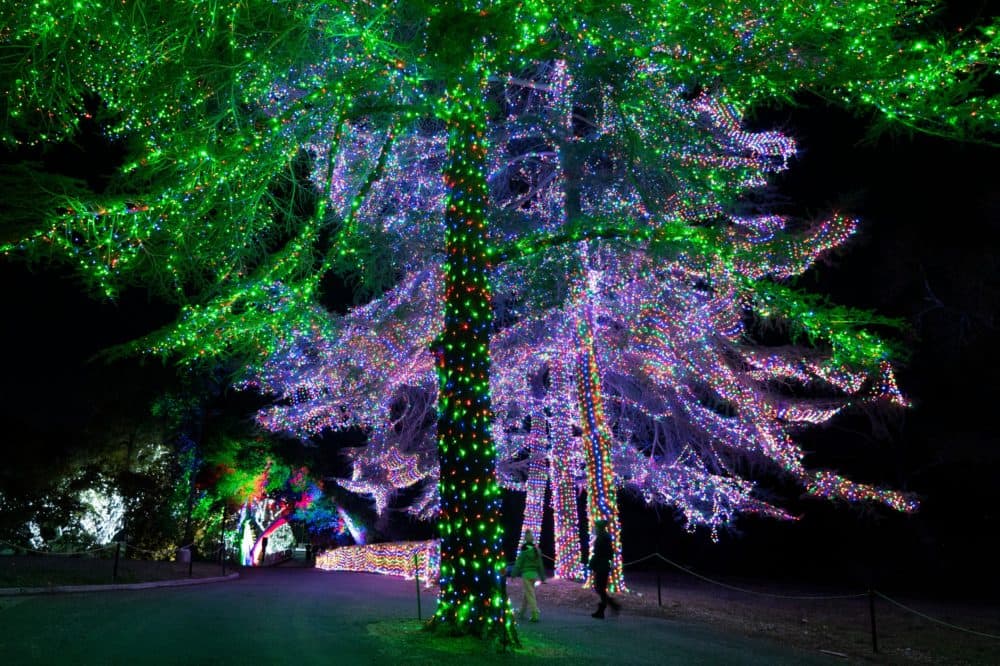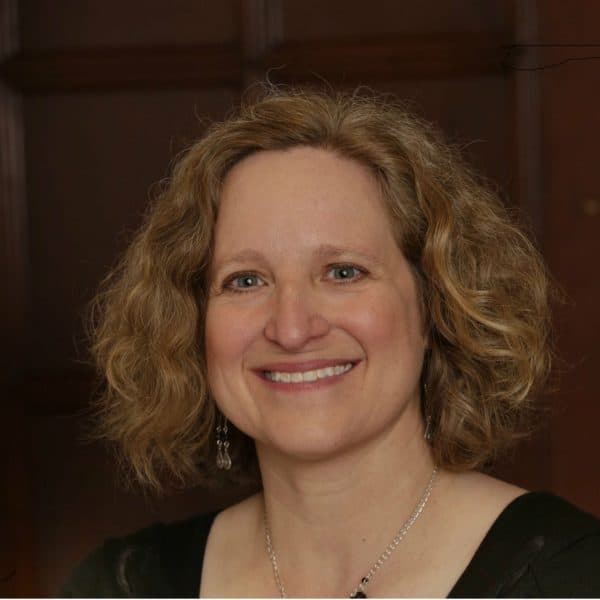Advertisement
commentary
This isn't 'our' holiday season

Our son's eyes widened at the sight of the gold dome above us at the mosque on Temple Mount in Jerusalem. Simon, who was 6, leaned closer when the guide urged us to peer into windows and doors of mosques on the same patch of land. We saw and heard Muslims chanting prayers in Arabic.
All throughout Jerusalem’s Old City that day, we saw Jewish, Christian and Muslim places of worship. Each holy site had its own look and sounds. There was a cross on the top of the Church of the Holy Sepulcher. There were the bright blue and gold intricate designs on the mosques. There were Jews, some of the men in black hats and black suits, of different branches of our faith chanting prayers in Hebrew at the Western wall.
During this trip years ago to meet relatives in Israel, Simon received early lessons that few children — and sadly, few adults — seem to get. He learned that we lived in a world of many faiths and that we should respect the differences. As parents, we tried to model the approach we wanted him to adopt. Be curious, interested and respectful. Grounded in our Jewish faith, we could also enjoy gaining knowledge about other religions. Simon was in kindergarten then. He is in middle school now, and we have tried to reinforce those lessons over the years.
[T]he reality is, it is impossible to truly be religiously inclusive every December.
Some rather blatant examples of religious ignorance this month reminded me of the lessons of that trip. After an arson fire destroyed the Fox News Christmas tree in New York City, co-host Ainsley Earhardt opined on the tree’s destruction. “It's a tree that unites us, that brings us together,” she said. “It's about the Christmas spirit. It is about the holiday season. It is about Jesus. It is about Hanukkah. It is about everything that we stand for as a country, freedom and being able to worship the way you want to worship.”
But a Christmas tree has nothing to do with Hanukkah, the Jewish festival of lights that began Nov. 28 this year and ended a few days before that fire. Who are "we" in Earhardt’s ode to Christmas trees?
During that same period, the town of Medford, a Boston suburb, included a menorah in a holiday display, but erred by including an explainer of a menorah that came from Messianic Jews and gave Christian terms to the branches of the menorah. Messianic Judaism is primarily a Christian movement that wraps in some Jewish traditions and sees Jesus as the messiah; the latter is not a tenet of Judaism.
I admire that Medford was trying to show inclusiveness despite a gaffe that offended many in the Jewish community. But the reality is, it is impossible to truly be religiously inclusive every December. There is a holiday season now for those who celebrate Christmas. For Jews, even while Hanukkah often falls near Christmas, our major holiday period is the High Holy Days when we celebrate Rosh Hashanah and Yom Kippur. Those observances this year were in September. Ramadan, the holiest month for Muslims, was in the spring this year. Diwali, a major Hindu festival, was in November.
To unite us, let’s use education rather than a Christmas tree.
Religious ignorance is a problem across America. Adults score poorly on religious knowledge surveys. In a nation that is majority Christian, Americans do the best on questions about Christianity and the Bible and know far less about other faiths, according to the Pew Research Center’s most recent survey from 2019. Most of those quizzed erred on basic facts about Judaism — with only one-fourth knowing that Rosh Hashanah is the Jewish New Year — and about Hinduism, with only 15% able to identify the Vedas as a Hindu text.
To unite us, let’s use education rather than a Christmas tree. Unite through understanding. It does not require travel to Israel to improve religious literacy. We can grasp the sights and sounds of different faiths in documentaries and read about them in books. We can visit a multitude of houses of worship in many American cities. Schools, as some but not enough do, should focus on teaching about world religions as a part of history and literature from elementary through high school. Include training about religious practices in workplaces, too.
In past years, friends and I have chuckled at various commercial chains’ cluelessness. Matzo is for Passover, not Hanukkah, for example. I opined previously about the existence of a Hanukkah ham in a deli. We laugh, and we wince. We can all do better. Becoming religiously literate is a life-long process, not one-stop shopping.
